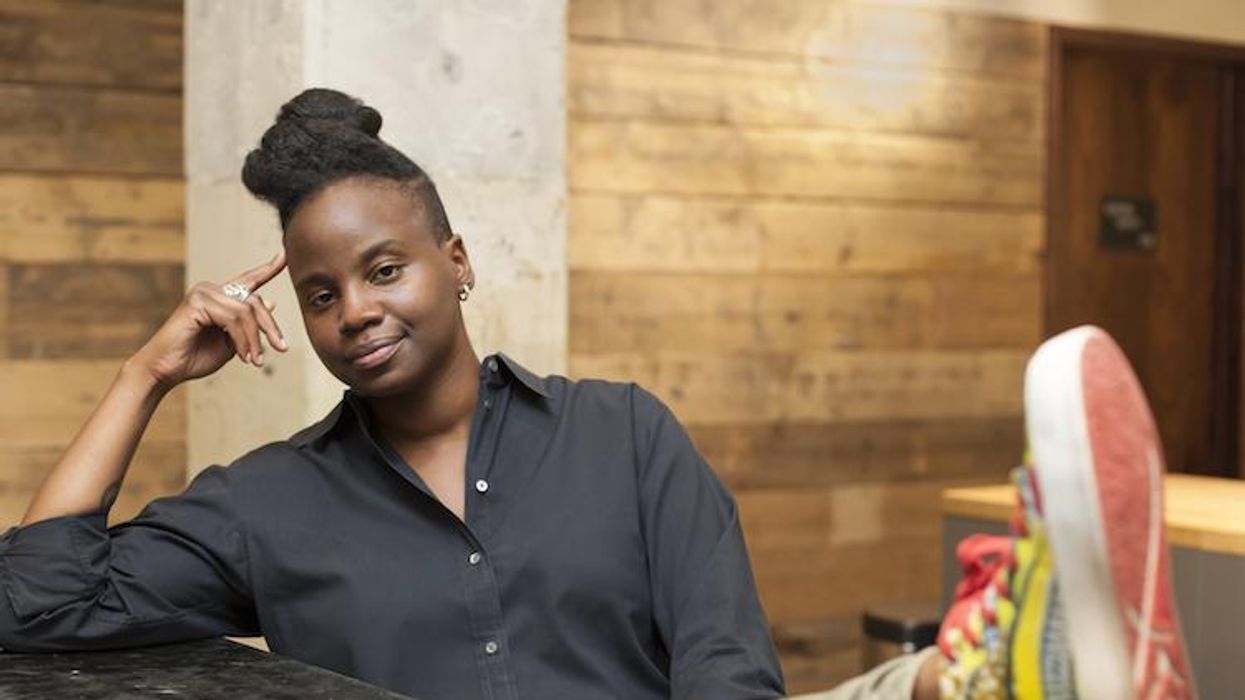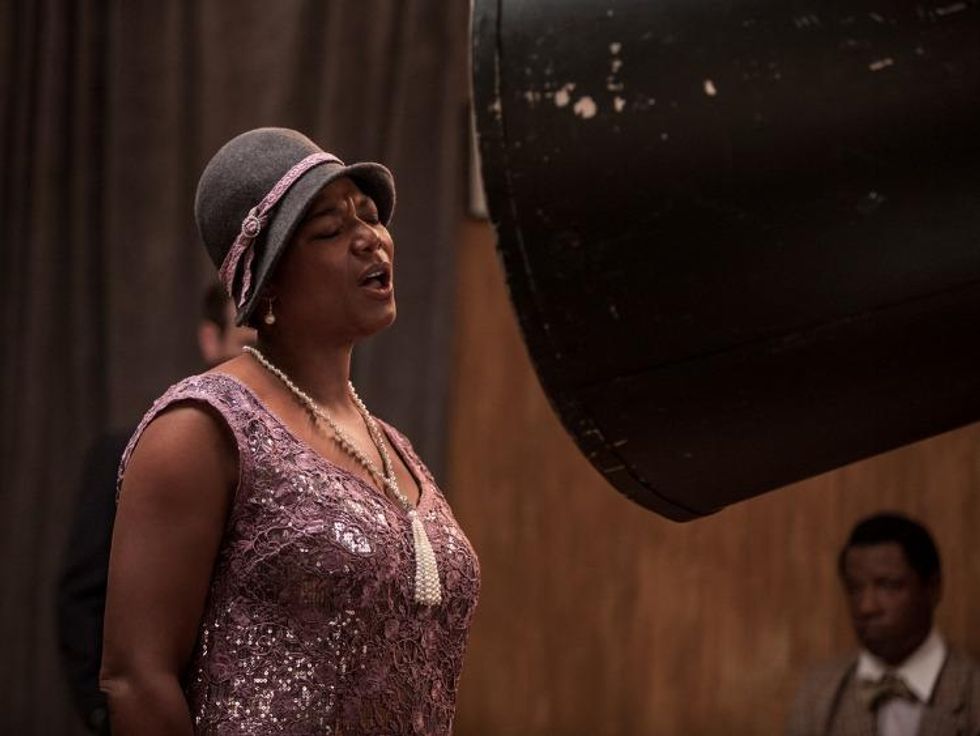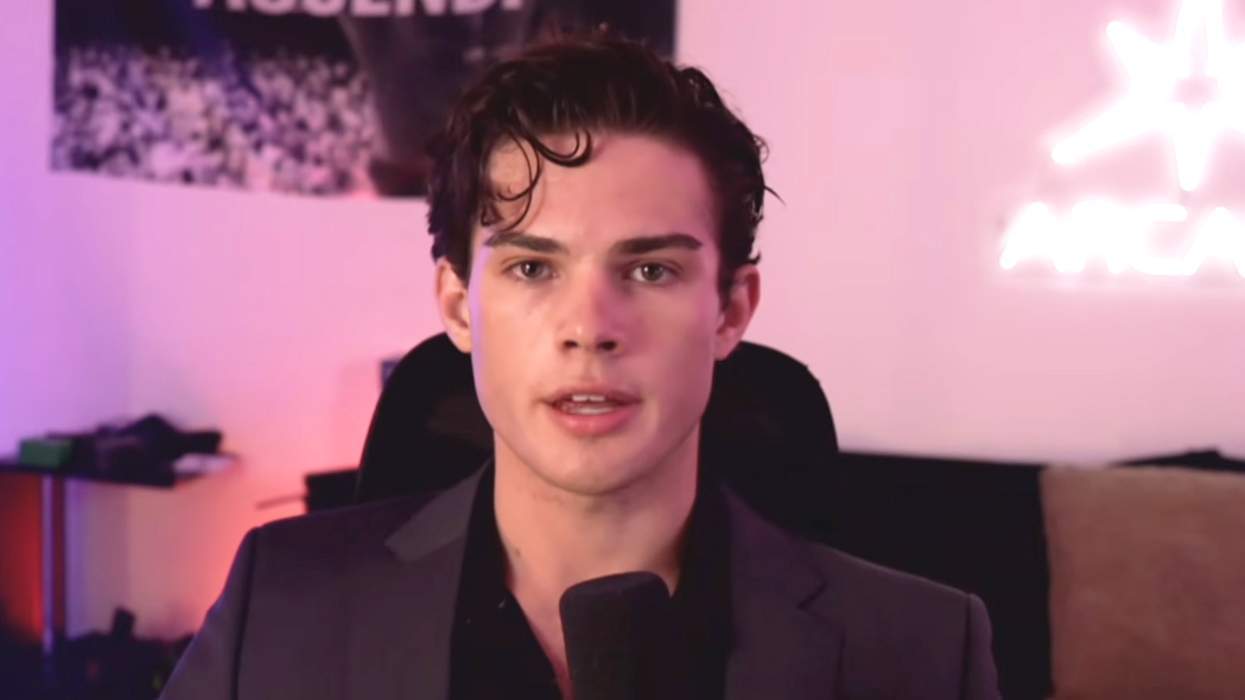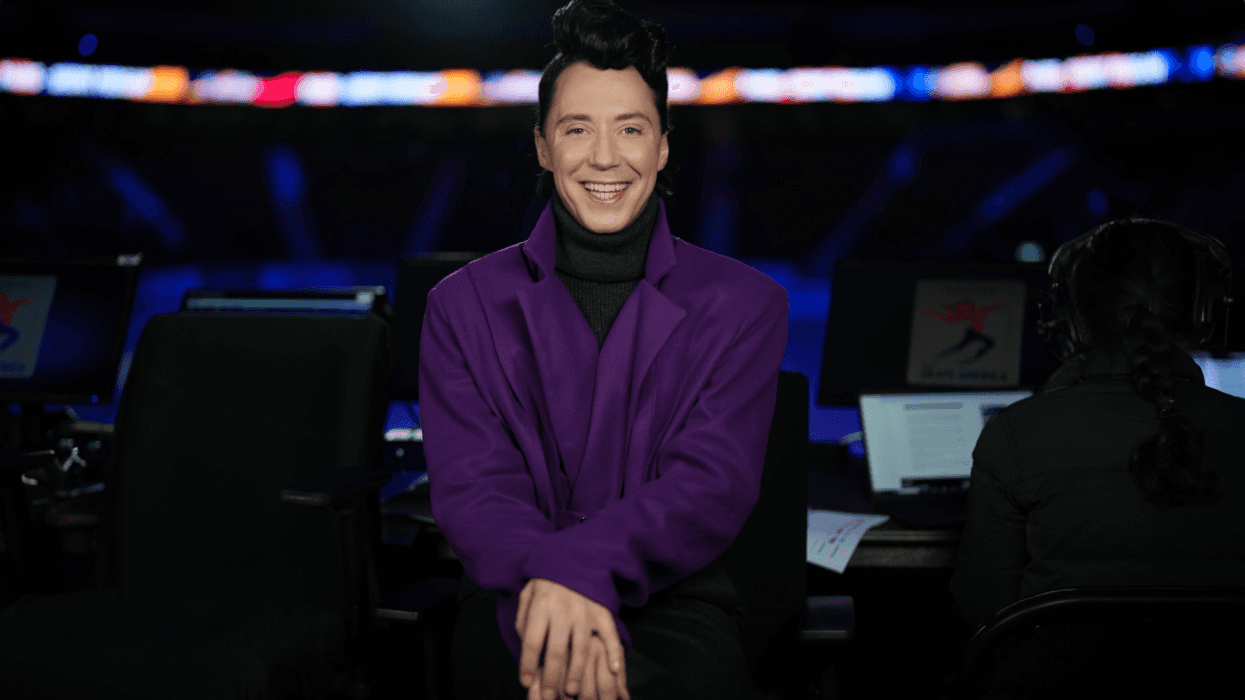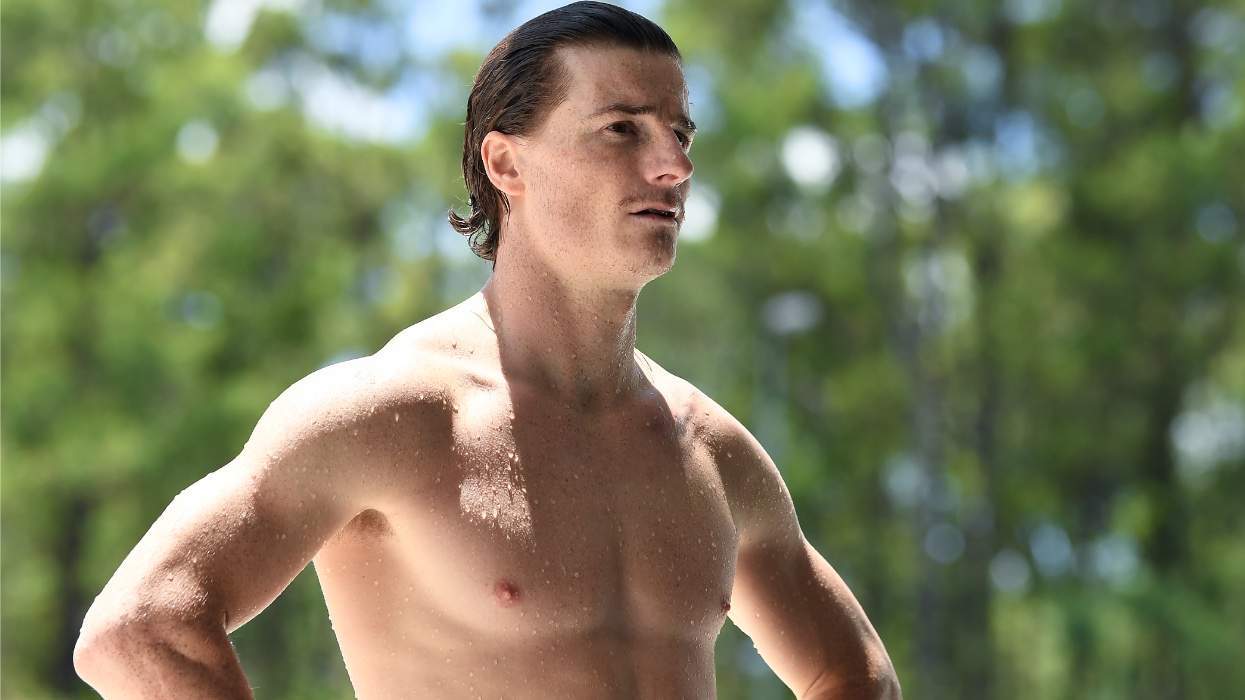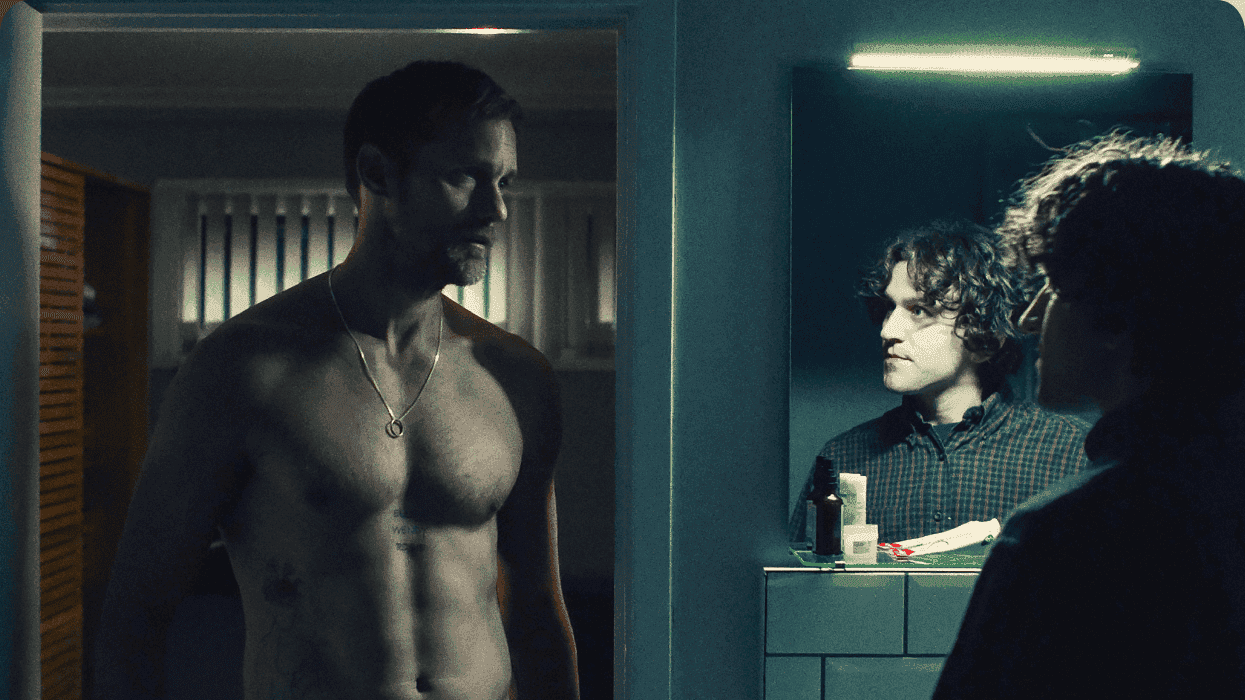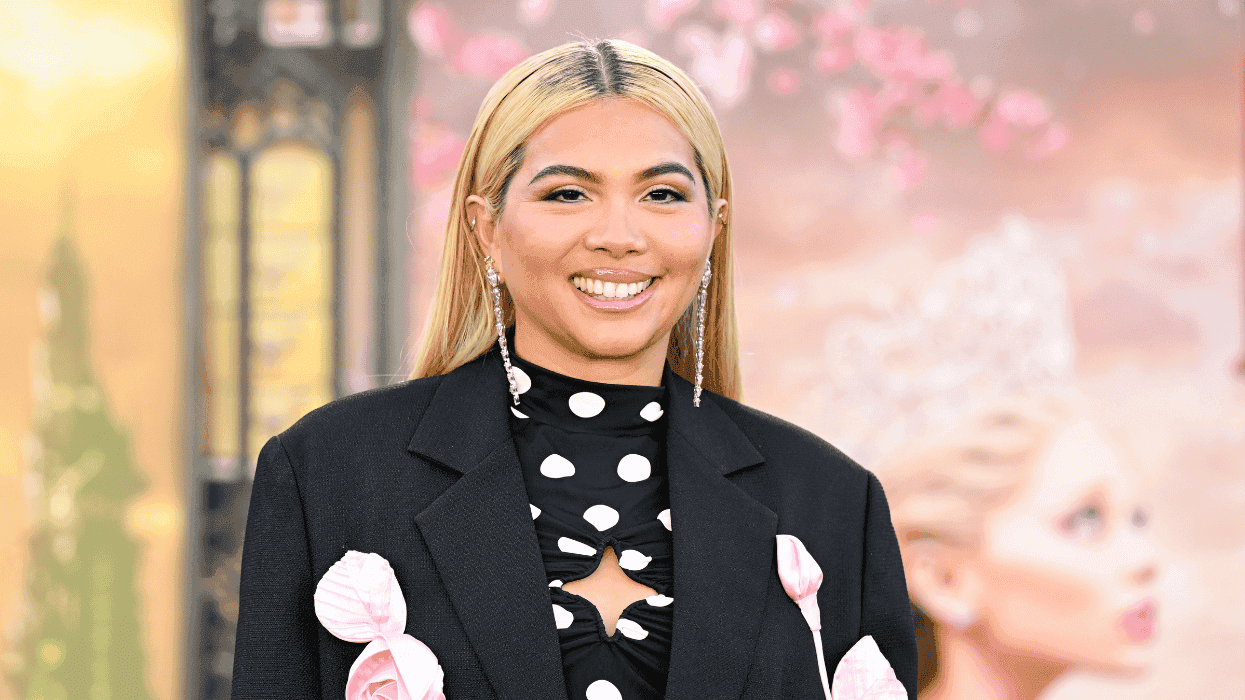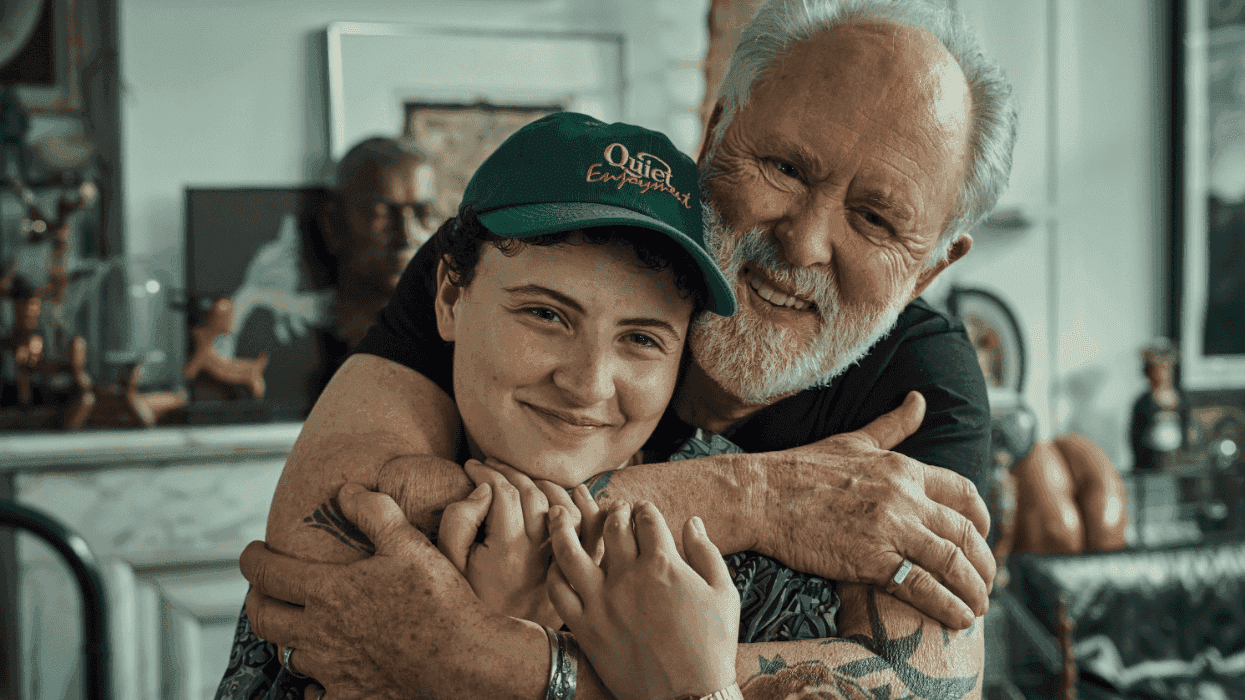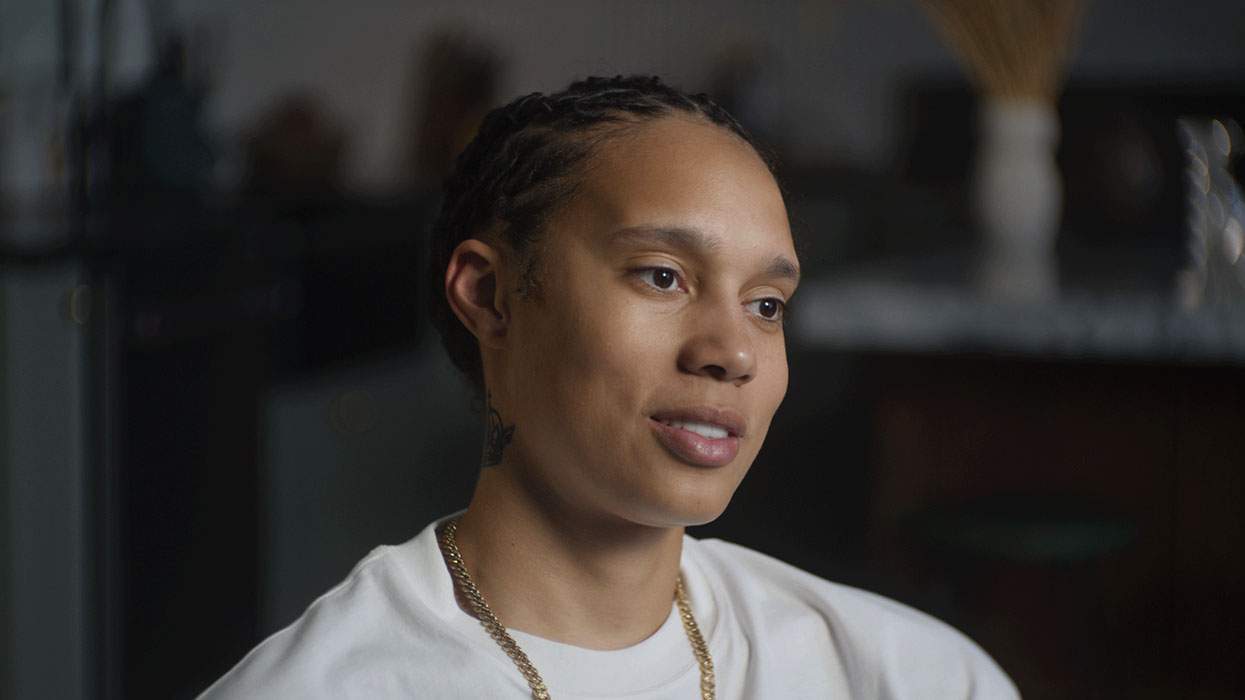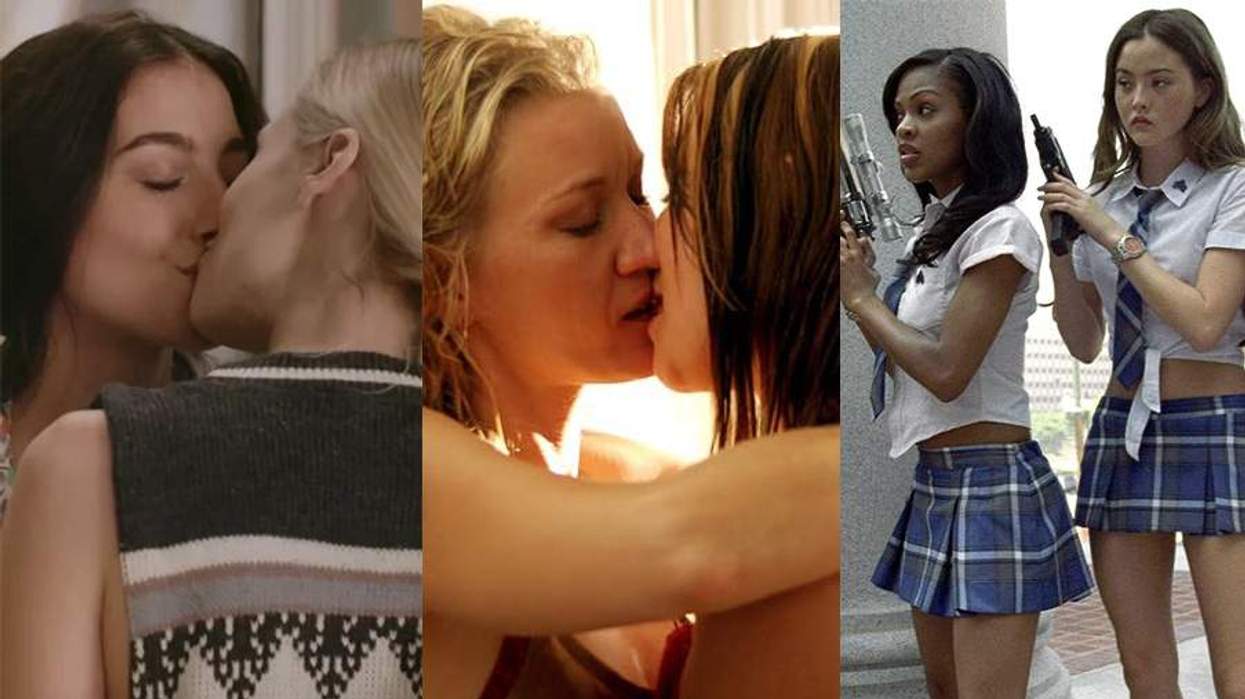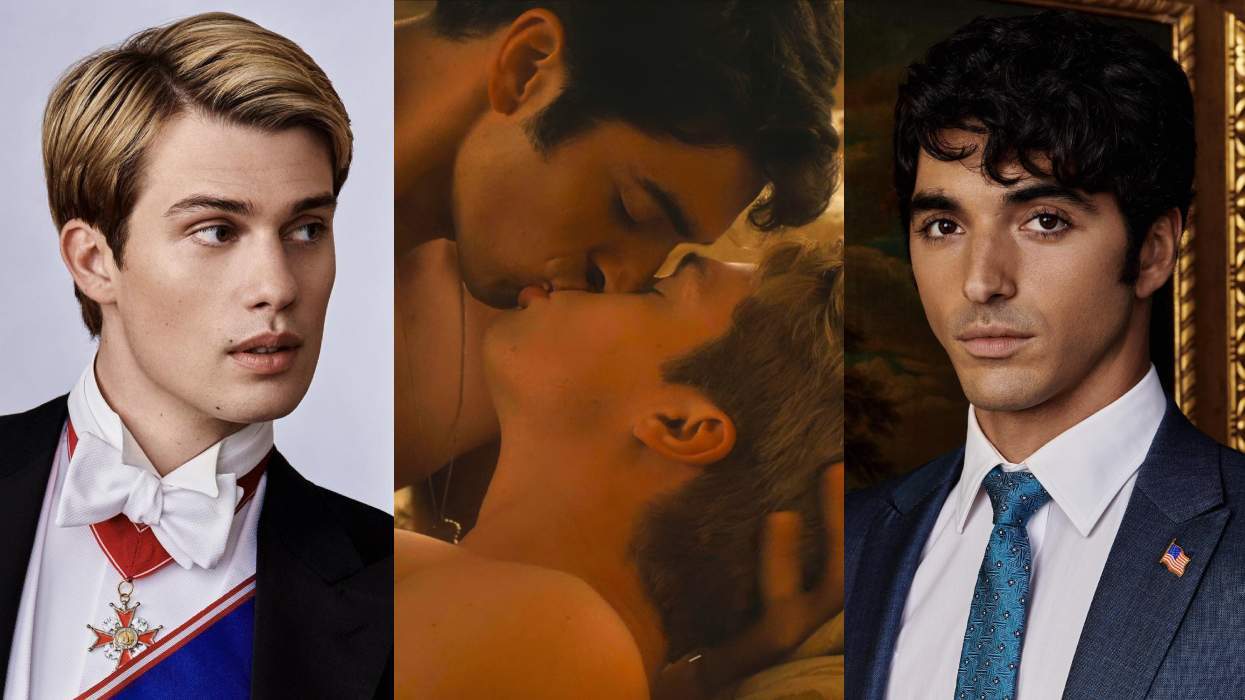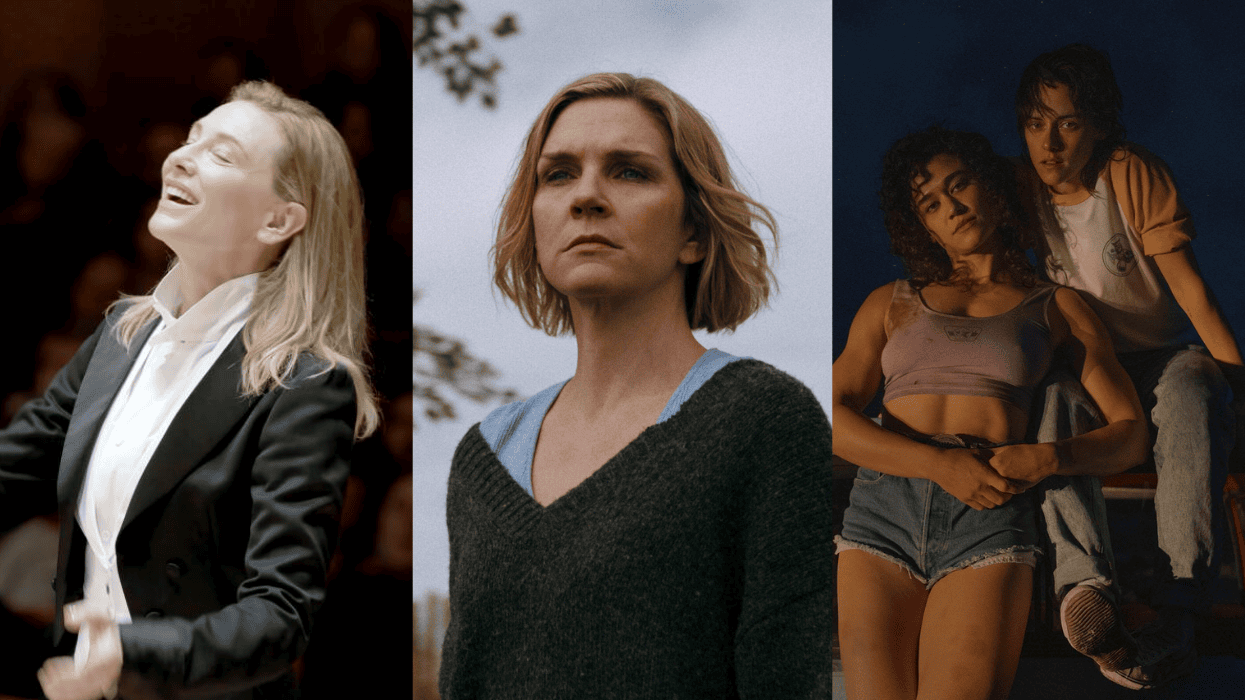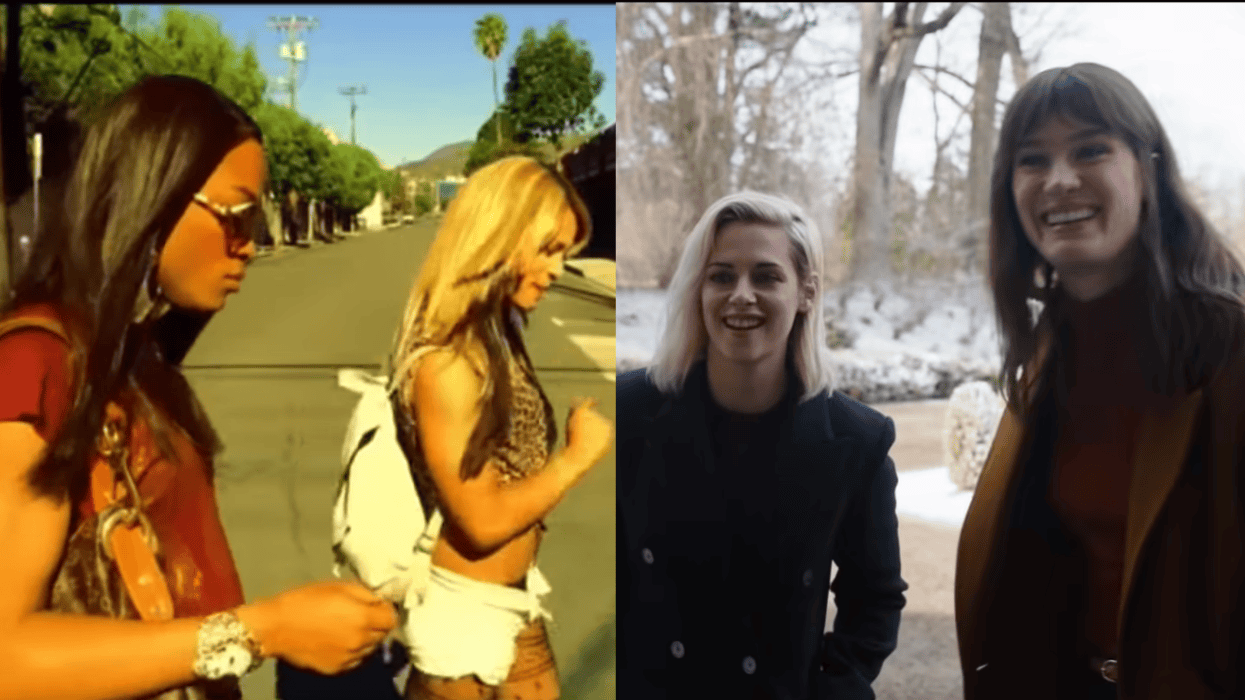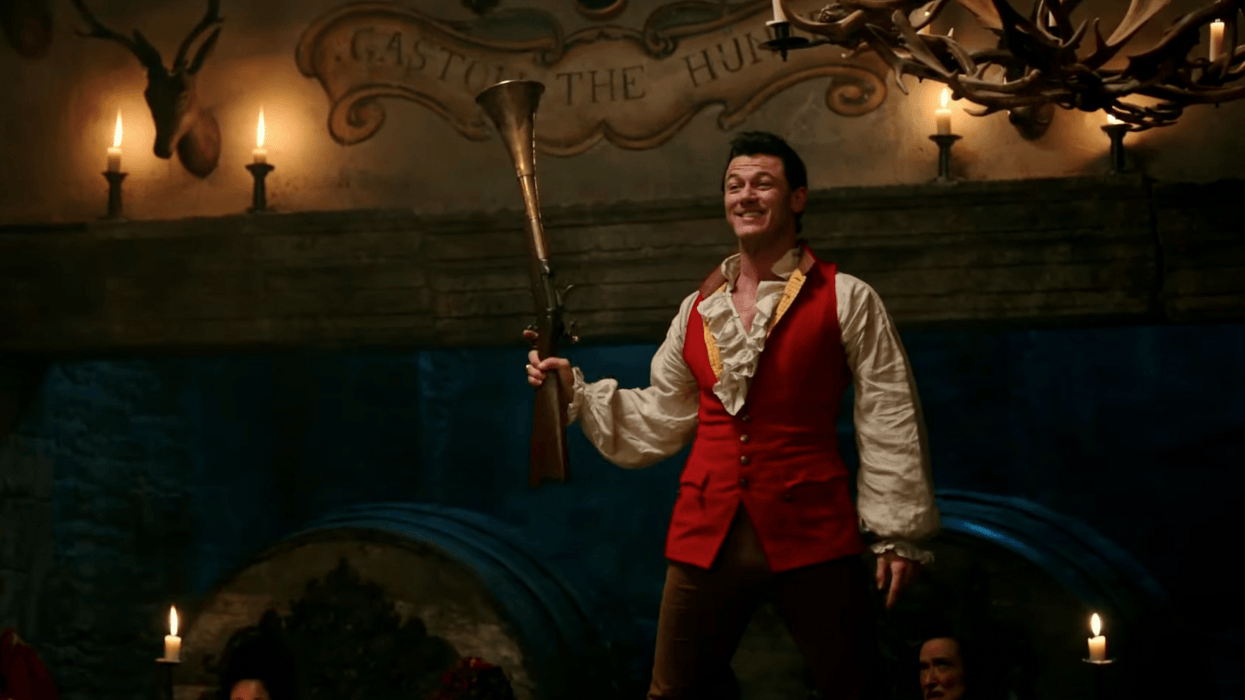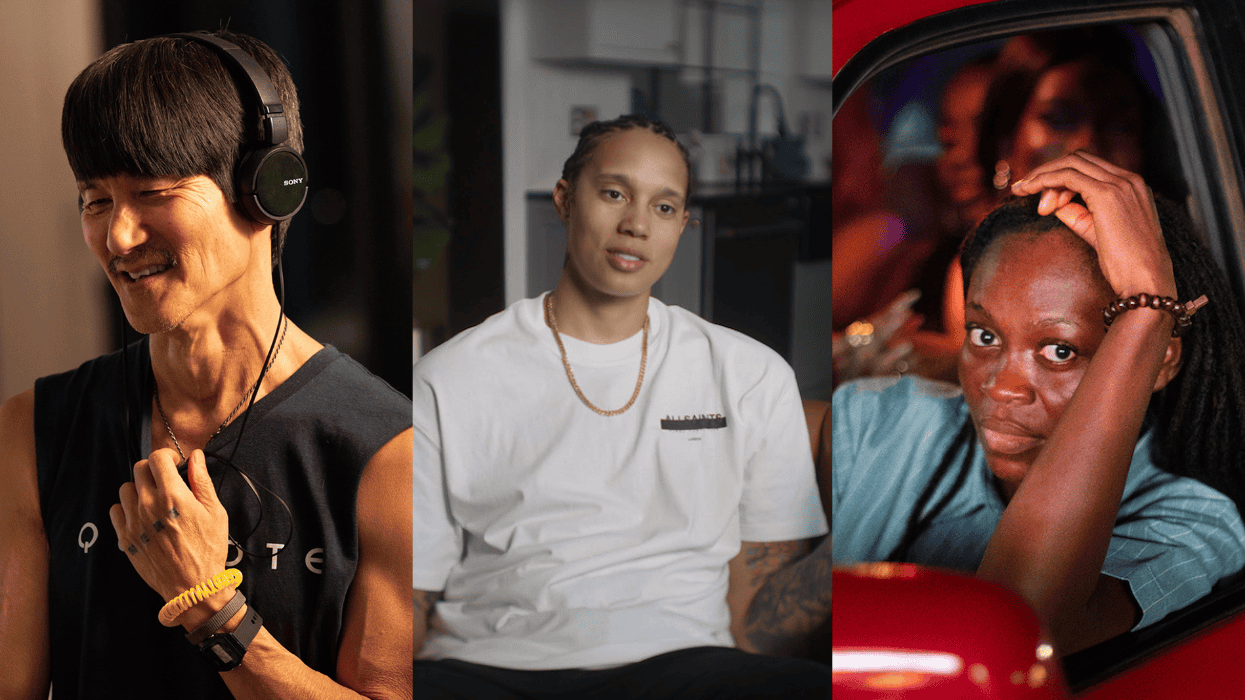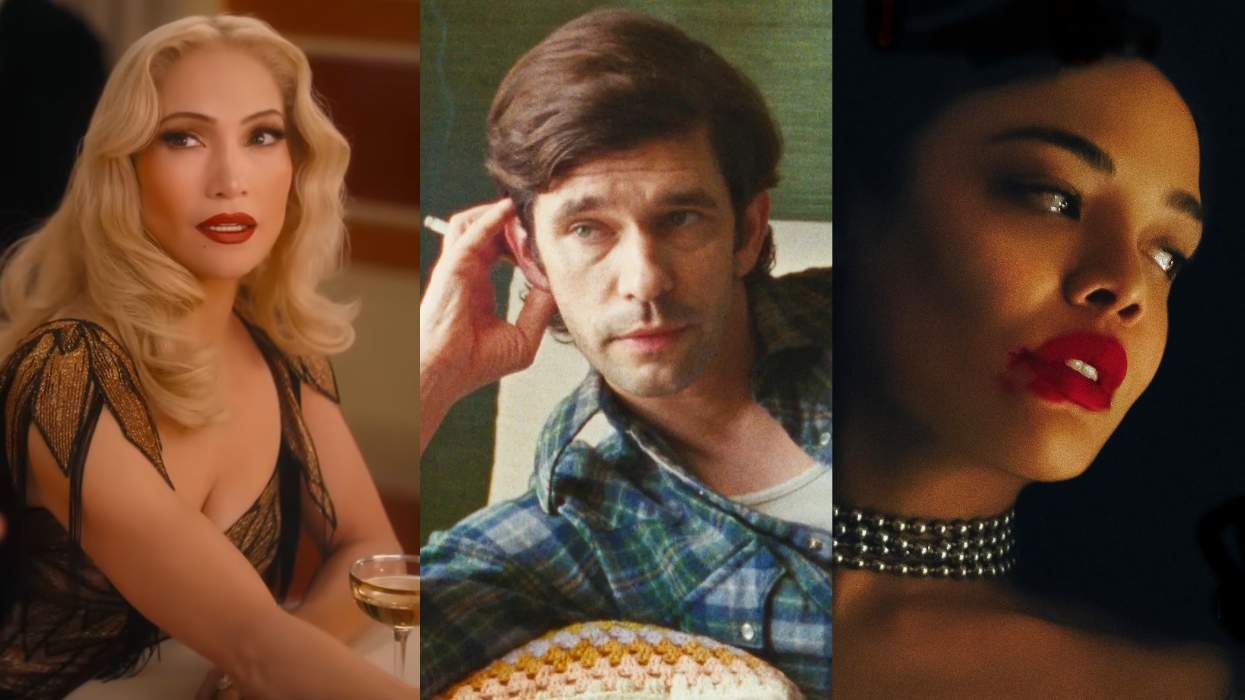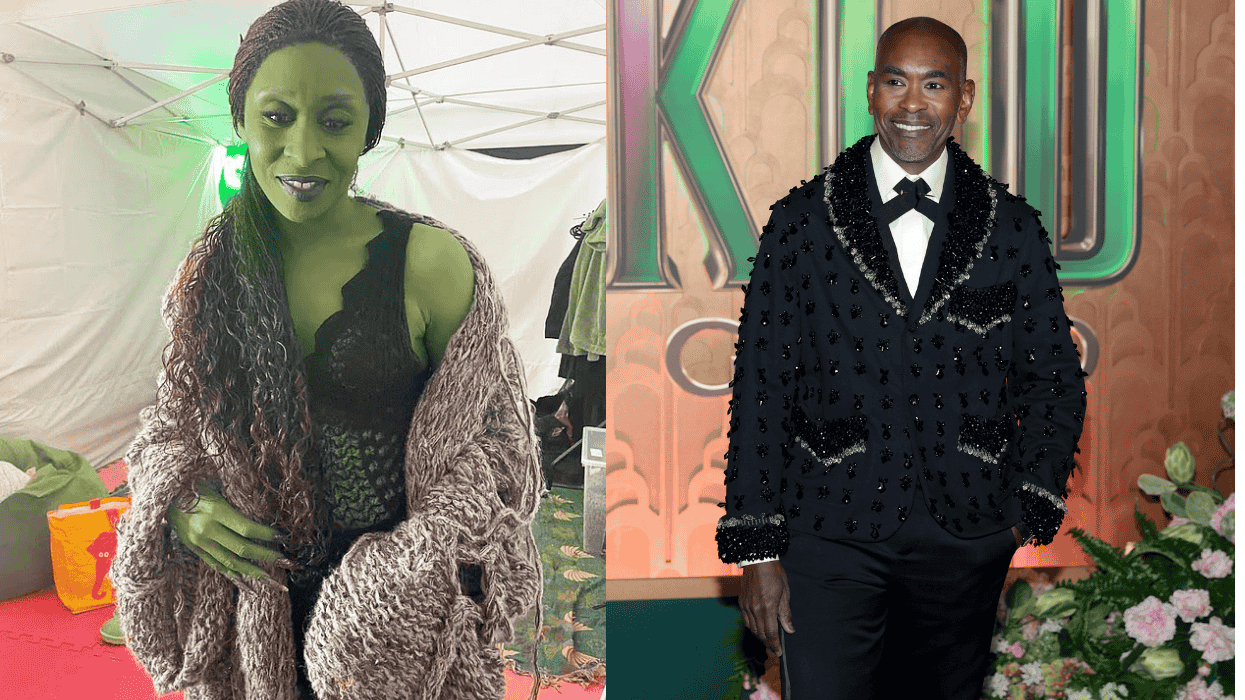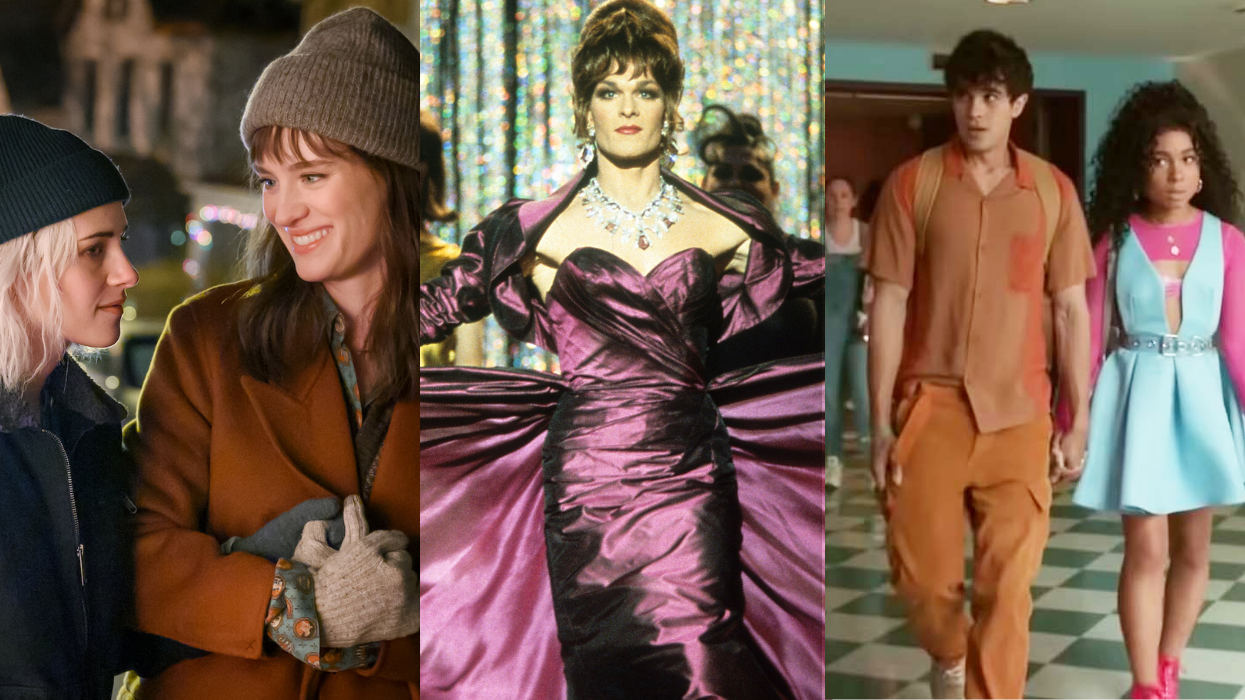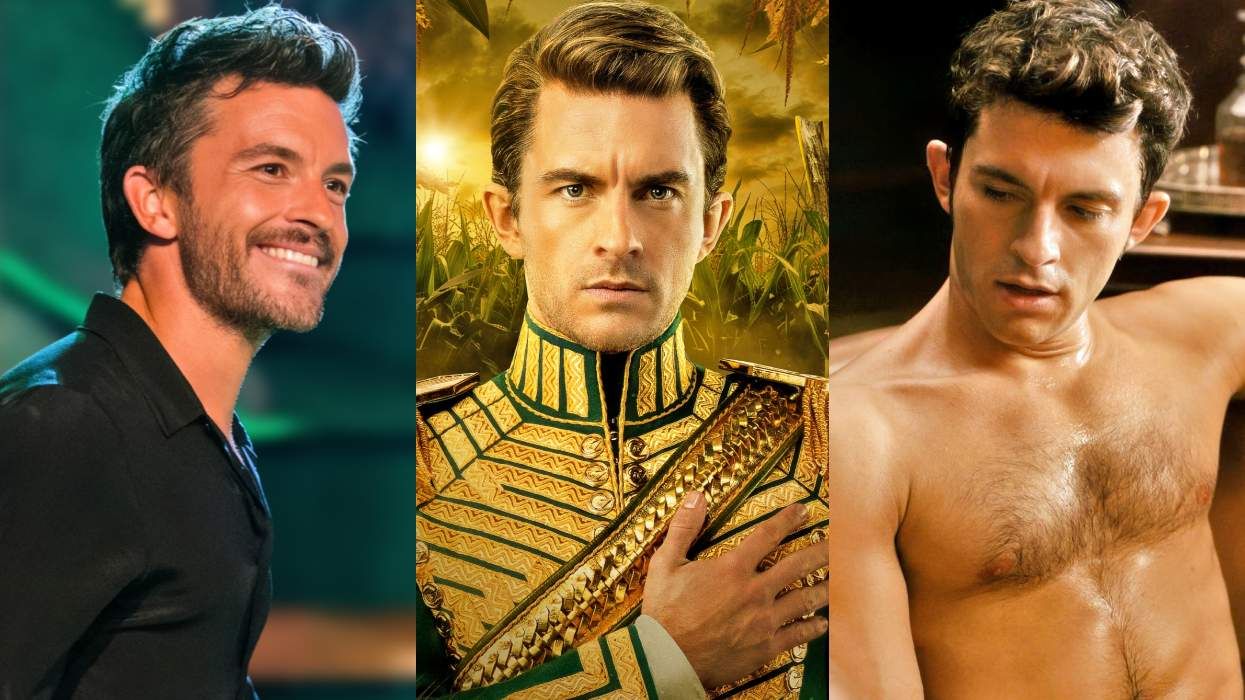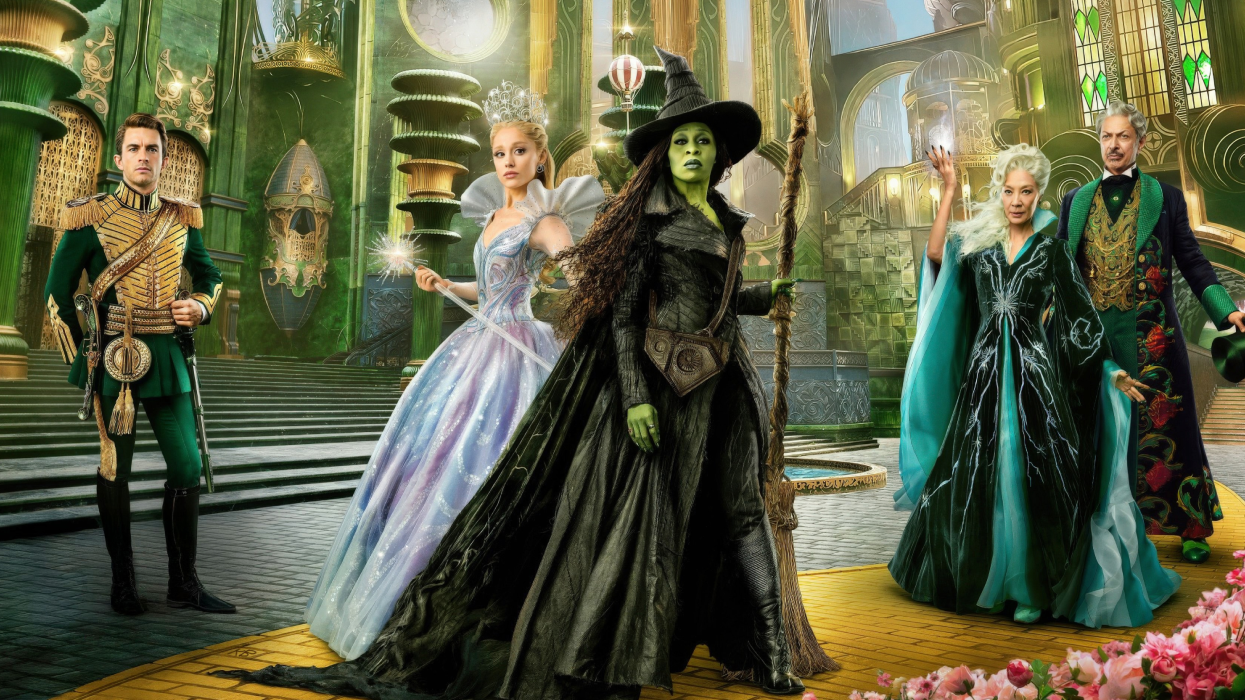Photography by Marcie Revens
For the follow-up to her 2011 breakout film, Pariah, writer-director Dee Rees was planning on making a crime drama. However, she couldn't get it financed "because the protagonist was a black lesbian, yet it wasn't about her sexuality." So instead, Rees grabbed the reins of HBO's Bessie , a sweeping biopic about bisexual 1920s crooner Bessie Smith, and a passion project for lead star Queen Latifah, who's reportedly been nursing the production for more than two decades. Bessie isn't expressly about its protagonist's sexuality either (it's more a vivid history lesson and a showcase for Latifah's singing and acting chops), but it certainly doesn't shy away from it.
As Smith, Latifah shares her bed with women and men (as does Mo'Nique in the role of Ma Rainey), and Rees, whose link to Smith goes back to listening to old albums with her grandmother, says HBO provides as much room for exposure as it does expression. "I'll reach more people in one showing than I could reach in 100 theaters," Rees says, adding that she's planning to shape that lesbian crime drama into a TV series. As for how much light Bessie will shed on Latifah's long-in-question sexual orientation, Rees, a queer artist herself, remains respectfully coy. "I can't predict how the film will be received," she says, "but as a director I think she was the only person to play this. I don't think you can give a performance like that without it coming from an honest place."
Here, director Dee Rees in her own words about the making of Bessie -- including Queen Latifah's infamous nude scene.
On getting to know Bessie Smith:
My grandmother was the first one who introduced me to Bessie Smith. She'd play her albums. It kind of seeped into me at that age and piqued my interest in who she was. Here is this black woman who is an artist, out of the shadows, personally emancipated...like, what does it mean to be an artist at that time? She was free in a way that artists aren't free today. She was this free spirit who basically spoke her truth and lived her life the way she wanted to live it. It seemed almost impossible. She was actually creating this forum to talk about women's issues. Specifically black women's issues. Not a lot changed for black people then besides your sexuality and your geographic mobility. You could choose who you wanted to be with and you could choose where you wanted to go. Even though the rest of the rules didn't change.
On Queen Latifah's 22-year quest to get Bessie made:
She was always the one, and it makes sense. She lived her life as an entertainer, as a woman who kind of transformed herself. She's a perfect person to play it. I think, if anything, I'm sure those 22 years gave her more insight into the character. She was in it. She was in the mind frame. She acted like she lived Bessie's life. Especially in the relationship with Jack Gee. She really felt like she had an intimacy and emotional intelligence with the character that I thought was great. I was really happy with the performances. She was the only person to play this.
On Latifah's rumored queerness and how it relates to playing queer characters:
I don't have any feelings about that, but I felt strongly about Bessie, about bringing this queer woman of color to the shore. I felt strongly about having all parts of her identity known. It was impactful that Bessie and Ma Rainey both were women who loved women and men. For me, this was a key part of the character and something that people may have not known. That was part of my passion in telling the story, bringing these overlooked and underappreciated women to life and all of their identities. They were black, they loved who they wanted to love, and their lyrics were political. So that was my passion in telling Bessie's story. I can't predict how it will be received, but as a director I think Latifah gives very brave performances. I asked her for a couple vulnerable things, and she gave them to me. For example, some of the takes are live takes of her singing live. No studio magic. Then there's the scene when she's naked in the mirror. That's a very intimate scene. She gives a brave performance and a very honest performance.
On the particulars of that nude scene:
This moment is about Bessie stripping away all the artifice, and Latifah was fully on board. It's about her taking away everything that's not real. She created this family, she created this kind of gilded life, but at the core she's still lonely, and at the core she still doesn't have that love. So in this scene she's kind of confronting herself, and it's about taking away everything that's false. It's kind of like the depth of her loneliness, kind of at the point in which she's in a downward spiral. Even though it's just her in this scene, I wanted it to seem as if there were two people, where there's this avoidance, and this confrontation where she's looking at herself and she's really taking inventory of what she's made of her life, what she's made of her art. It's like a metaphor for the journey.
On what differences Bessie can make:
At the end of the day we made a film about a 1920s black gay woman. I think there's power and visibility in the story...and there's visibility in this story about a population that was omitted from history. I think there's power in playing this person, there's courage in playing this person. I think it's inspiring for people who could be unsure about their sexuality. I think this portrayal will give this visibility to black, queer women of color. I think it will be something that's empowering.
Bessie premieres May 16 on HBO. Watch the trailer below:


